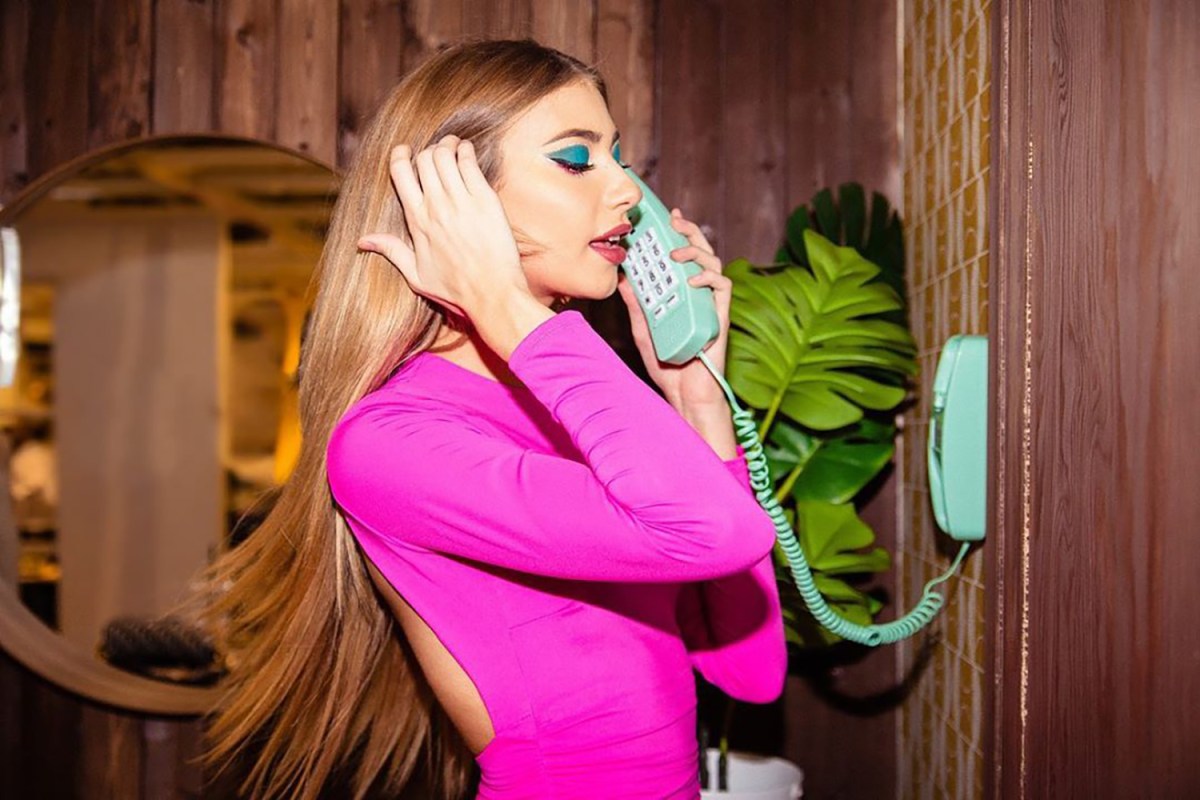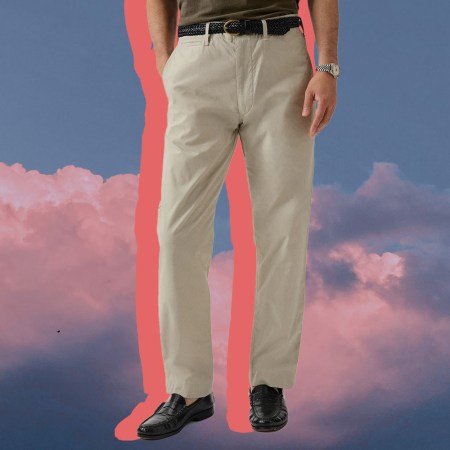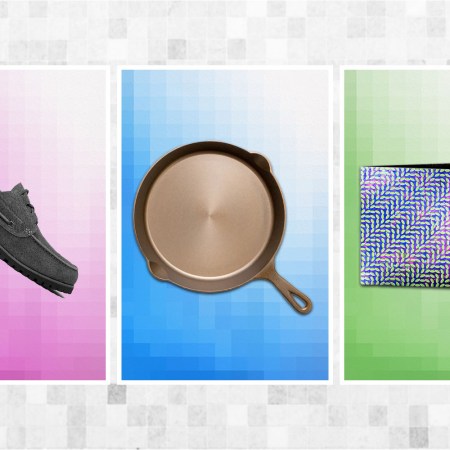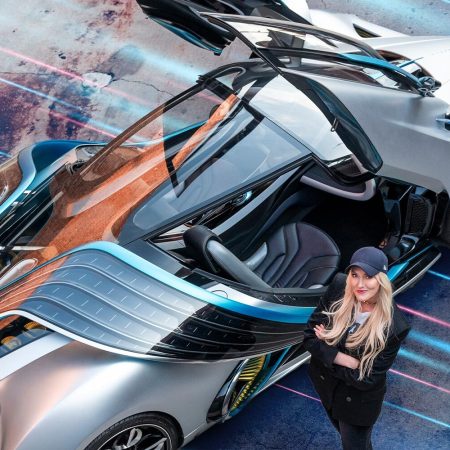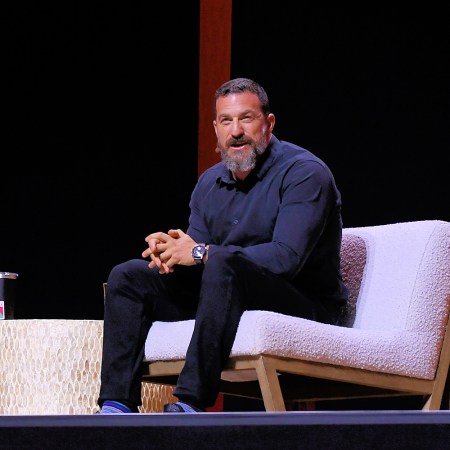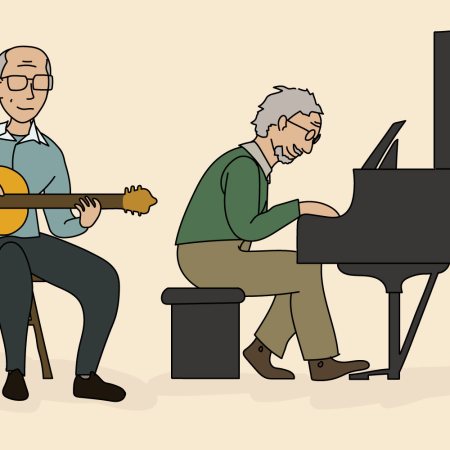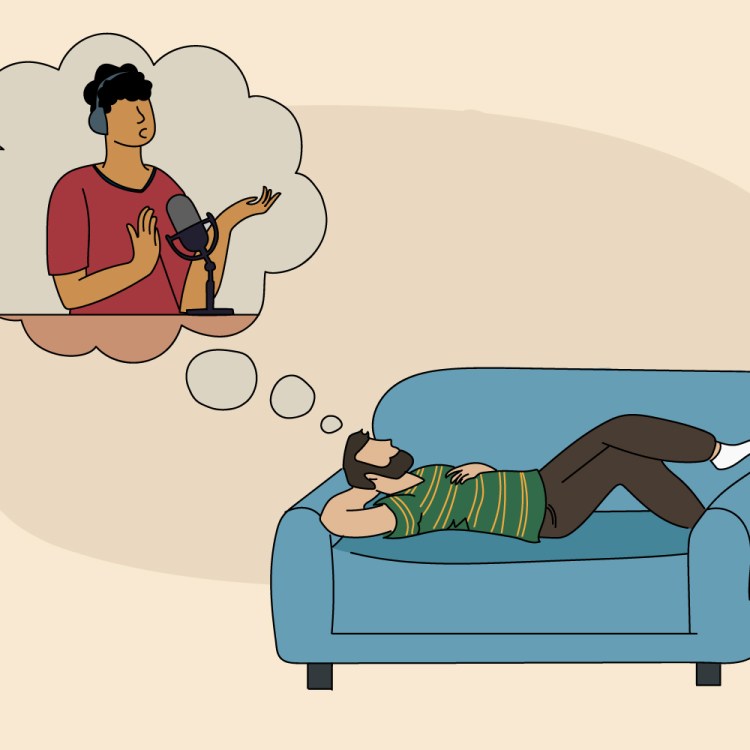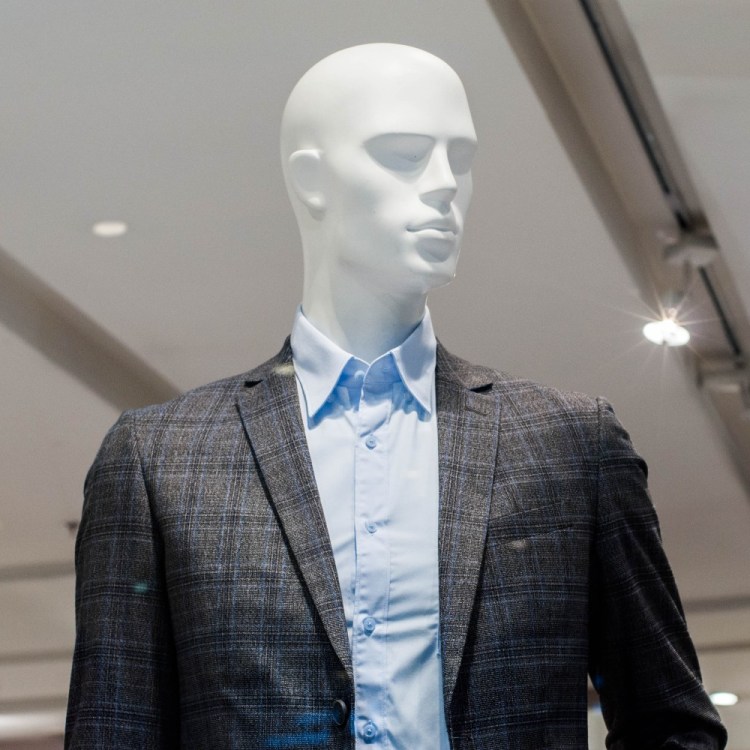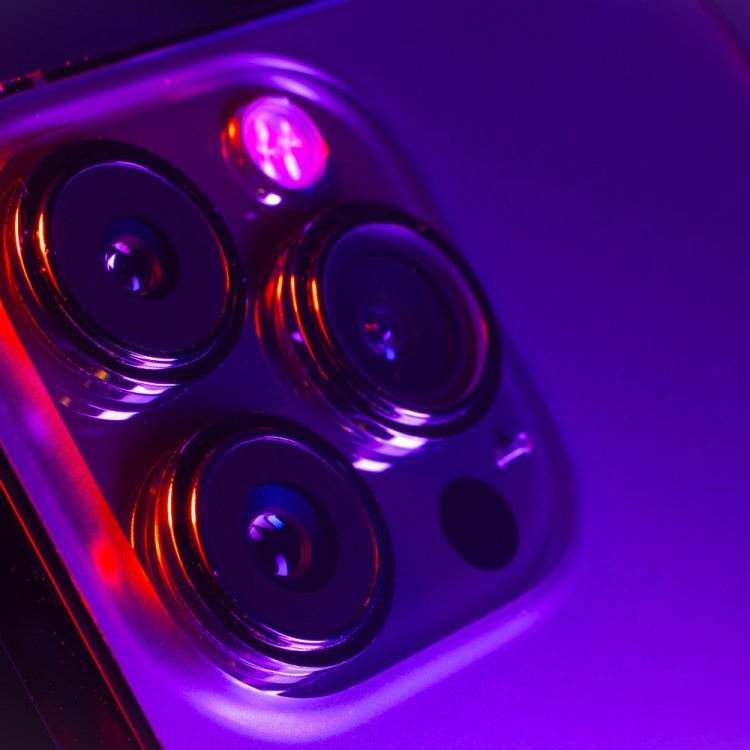The most Insta-worthy vacation destination isn’t some flashy city or exotic island. As YouTuber Natalia Taylor proved last week, you needn’t go any further than your nearest IKEA to stage the envy-inducing getaway of your dreams.
Following in the footsteps of Gabbie Hanna, the influencer who infamously faked an entire Coachella trip last year, Taylor successfully duped her followers into thinking she was enjoying a luxury getaway in Bali just by taking a few snaps at IKEA. The photos featured the YouTuber posing in a bathtub, a luxe garden patio and what appeared to be a chic hotel room in “Bali,” according to her captions and location tags.
As Paper reported, Taylor later revealed the scam in a YouTube video, showing how she staged the entire trip with the help of a photographer friend and a few carefully posed and edited shots in an IKEA.
While some of Taylor’s followers admitted they’d been fooled, others said they’d had their suspicions all along, with some noting their skepticism was initially piqued by Taylor’s adherence to indoor-only photos despite apparently visiting such an exotic destination.
“It didn’t make any sense that you were posting so many indoor pictures being in such a dreamy place,” one follower commented, while another told Taylor they were “so irritated you wouldn’t go outside to use the beautiful nature there as background and started to second guess. happy my intuition isn’t total crap lol.”
Taylor’s stunt is part of a growing trend in which YouTubers and influencers intentionally out their own social media hacks and scams in an attempt to prove how easy it is to fake a glamorous online persona. While these stunts are ostensibly well-intentioned — the influencer behind last year’s fake Coachella trip explained that she wanted to help viewers realize that the extravagant lifestyles many influencers show off on social media “aren’t always as attainable as they seem” — something about the whole transparency-via-deception thing is maybe starting to feel a little cheap and potentially even more devious than just lying to us in the first place? Back in an older, simpler era of the internet, influencers just lied to us and let us believe it. Now they feel the need to lie to us, tell us they lied to us to just to prove how easy it is to fool our stupid non-influencer brains, and then we praise them for being down-to-earth and “relatable?” Who let this happen?
Subscribe here for our free daily newsletter.
Thanks for reading InsideHook. Sign up for our daily newsletter and be in the know.
